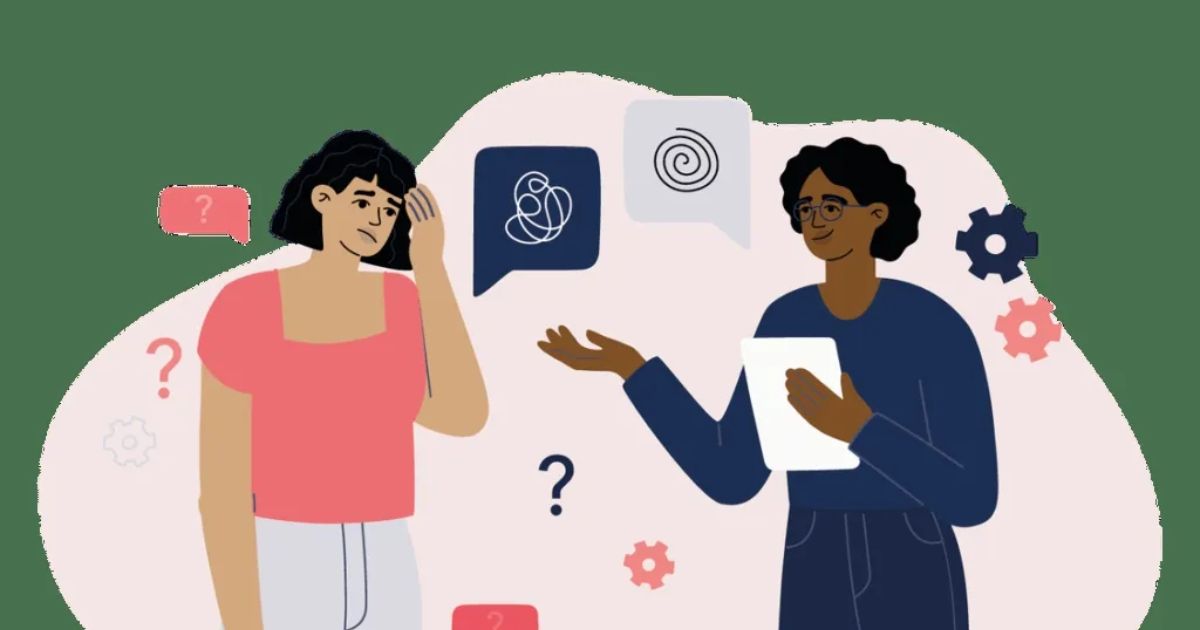A mental health care crisis is currently being faced by the United States which has been worsened by an increase in demand and a dearth of qualified practitioners.
The response to this dire situation, however, has seen attempts at innovative solutions that challenge traditional licensure requirements.
One initiative that looks encouraging in this regard is the Lay Counselor Academy; a private program intended to equip workers in community settings to offer mental health counseling even in the absence of a formal therapy license.
Licensure Dilemma
Conventional routes to acquiring a license as a therapist entail meeting rigorous requirements such as completing a master’s degree, passing exams, and obtaining supervised hours.
Critics argue that such obstacles keep the number of mental health practitioners low in America and also create barriers for much-needed diversity within the field.
Workforce diversification is needed because American Psychological Association (APA) statistics show under-representation of black and Hispanic psychologists.
Lay Counselors: A Solution Gaining Traction
There is growing interest in expanding pathways into mental health care as one way to mitigate the shortage.
A possible answer is lay counselors, who are not formally trained therapists but have undergone some training.
According to a meta-analysis conducted in 2015, peer-administered depression interventions were found to be just as effective as those administered by professionals.
The APA acknowledges the need for different models and approaches for delivering mental health care.
Real-World Success Stories
San Ysidro Health uses lay counselors in its provision of mental healthcare services through its network of health centers within San Diego County.
Gaurav Mishra – Chief Behavioral Health Officer – recognized how effective lay counselors had been during a crisis leading to change their perspective on it.
Today, lay counselors trained in cognitive-behavioral therapy core practices help support groups on anxiety or depression management among other topics.
Lay Counselors vs. Licensed Therapists
Studies have shown that with adequate training and supervision, lay counselors can be equally effective as licensed therapists for certain client populations.
However, they are not permitted to diagnose mental illnesses, bill insurance or use their titles professionally.
Lay counselors are the best professionals to consult when assisting individuals with mild to moderate symptoms and who need time-limited support in non-clinical settings.
Challenges and Concerns
Despite the promise of employing lay counselors, there are still concerns. For instance, lay counselors cannot bill their services through insurance; this is a hindrance to scaling and funding lay counseling programs.
Professional organizations representing mental health professions highlight the significance of proper training, ongoing supervision and access to equitable care.
Calls for Change and Equity
According to advocates for change, licensing exams contribute towards disparities and inequities within the mental health workforce.
The Association of Social Worker Boards disclosed glaring differences in pass rates between demographic groups.
This includes reviewing alternative competency measures as well as acknowledging real world abilities that come with patient interaction.
Pathways to Change
Lay counseling is just one approach being used in response to the shortage of mental health care providers.
Peer Collective offers peer counseling from trained lay people on its online platforms while Oregon waives social work exam fees as part of efforts to make it easier for new entrants into the field.
National Association of Social Workers (NASW) is developing an interstate licensure compact so that therapists can easily move from one state to another.
The Global Perspective
In conclusion, innovative mental health care models from other countries can be used as examples such as England’s National Health Service Talking Therapies program which places huge emphasis on service accessibility and has benefited millions of people.
Thus, in their opinion, the United States should undertake major changes in policy and financing that will prioritize the national mental health.
In conclusion, the mental health crisis in America is calling for brave and creative remedies.
Paraprofessionals are increasingly being regarded as an important addition to the workforce of mental health if they receive appropriate training and supervision.
Despite the fact that some issues still exist, demands for policy amendments alongside increased funding indicate a growing acknowledgement that addressing mental health at a national level is becoming more urgent.




























